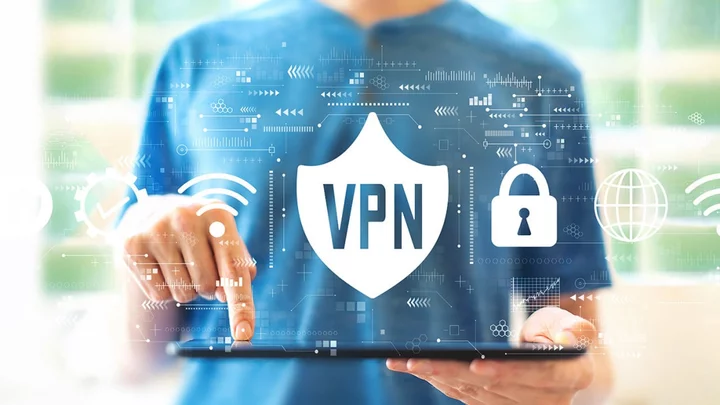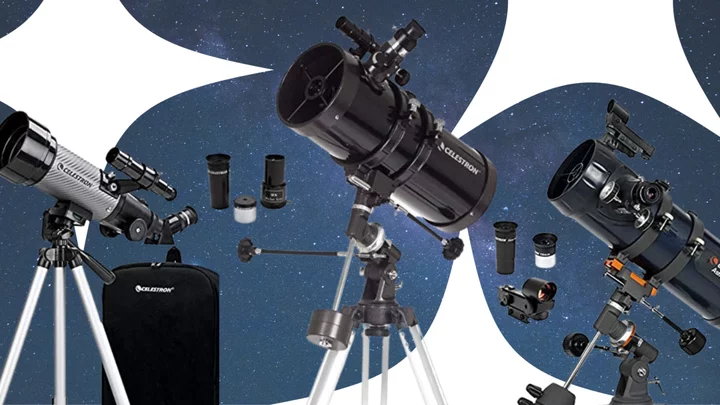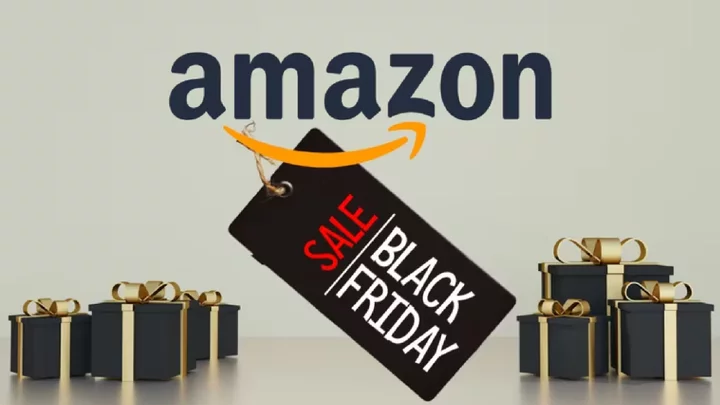If you want all the features of the best VPN services, you're going to have to pay for them. Fortunately several free options cover the basics of improving your privacy online.
Don't worry, you don't have to dig through all the sales information, complicated plan details, gotcha restrictions, and fine print to find the VPN with the best no-cost offering. We've done all that research—in addition to all our usual testing—to give you the easy-to-parse list of the best free VPNs below. Read on for our top picks, followed by what to look for when choosing a free VPN.
What Is a VPN?
A VPN creates an encrypted connection (often referred to as a tunnel) between your computer and a server controlled by the VPN provider, and then it passes all network activity through that protected connection. Having this encryption means your ISP and anyone else watching won't be able to see what you're up to and will have a much harder time tracing online activity back to you.
Although VPNs can help improve your privacy online they do have limitations. Once your traffic exits the VPN server, it can be monitored and perhaps intercepted—especially if you're connecting to sites that aren't using HTTPS. It's also possible, albeit difficult, to use complicated timing algorithms to predict when and where your data leaves the VPN server. Advertisers also have a myriad of tools at their disposal to track you online, so we recommend using a stand-alone tracker blocker.
VPNs also won't protect you against every danger stalking the web. We strongly recommend also using a password manager to create unique and complex passwords for each site and service we use, enabling multi-factor authentication wherever it's available, and using antivirus software.
Is There a 100% Free VPN?
Very few VPNs offer a truly free option. Instead, most companies offer time-limited trials or money-back guarantees. However, the free VPN apps listed in the table above offer free subscription levels. They aren't the only ones, but they are the best we've reviewed so far.
That said, every VPN listed does put some restrictions on its free version. Some services limit the amount of bandwidth you can use in a given period. Some keep the number of simultaneous connections low, generally limiting them to one or two. Some restrict you to certain servers, meaning you can't jump to a better-performing server or easily spoof your location—more on this below.
The Best VPN Services for 2022Paying for a VPN subscription typically unlocks all these features, and often adds additional sweeteners unavailable at the free level. You get all the servers in all the locations, and the service also provides more simultaneous connections.
Which Free VPN Works With Netflix?
VPNs can bypass oppressive censorship by tunneling out to a VPN server beyond the control of despots, but that same ability can also be used to access streaming content that's not available in your country. Overseas, Netflix subscribers see different shows and films that don't show up within the United States. That's because Netflix has specific deals to distribute this content in different areas.
Netflix isn't the only service that can be tricked. MLB and the BBC have different streaming arrangements for different regions. There are numerous other examples and many of them—especially Netflix—will try to block VPN use to enforce those regional streaming deals.
This is particularly tricky for free VPN users. Most free VPNs limit the servers you can use, meaning you have fewer options (if any) to spoof your location. Free users will also have a harder time jumping to a different server looking for unblocked access or better speeds. One option to get around a Netflix blockade is to purchase a static IP address, which will almost certainly require a paid VPN subscription in addition to the cost of the static IP.
In short, watching a streaming service like Netflix with a VPN is hard, and doing it with a free VPN is even harder.
Are Free VPNs Safe?
Free VPNs have some historical baggage since not all VPN providers turn out to be good actors. Some VPNs may have unseemly, if not outright malicious, practices. Figuring out who is and is not on the level is especially difficult with VPNs, as much of their operation isn't visible to the outside world.
When we review VPNs, we look over each service's privacy policy. It's a good way to find out what information the service collects, if any. Ideally, a VPN company should say that they do not collect any logs on user activity. We highly recommend that you read the review for a free VPN before you commit.
Unfortunately, these documents can sometimes be difficult to read, perhaps intentionally so. As part of our review process, we send questionnaires to each VPN service, seeking to put companies on the record about specific privacy issues. We rely on companies to act in good faith when we ask them questions, and for third-party researchers to ferret out the companies that don't.
The best free VPNs have also undergone extensive third-party audits to prove their trustworthiness. This isn't a guarantee that a company is doing good work, since they often set the parameters of the audit. But a meaningful audit is a good sign. TunnelBear VPN, for instance, has committed to releasing third-party audits each year and has made good on that promise.
Are Free VPNs Any Good?
Because free VPNs are so limited, you're likely to experience some performance issues. Either servers will be too crowded to provide reasonable speeds, or the VPN provider won't allow free users to access servers where you are, or the data limit will be too low for the service to be usable.
Free VPNs also tend to lack the security features we like to see among the best VPNs. You won't find multi-hop connections or VPN access to the Tor network—those generally require a paid subscription.
But some free VPNs are worth trying! Proton VPN is notable as the only VPN we've yet reviewed that did not place a limit on user bandwidth. It's a good long-term choice. TunnelBear VPN limits free users to just 500MB (with an additional 1GB available) per month but does allow free users to access all its servers and connect an unlimited number of devices. This is a good service for occasionally spoofing your location, or limited use while traveling. Hide.Me is also a strong choice, offering five server locations and limiting free users to 10GB of data per month.
Importantly, all three of these services have released the results of third-party audits. The rest of the services in this list have chosen not to perform public audits. That doesn't mean they're hiding something or are nefarious—we've examined their privacy policies and spoken to their representatives and found them at least acceptable. But audits do at least show a company staking its money and reputation publicly.
Where's Kaspersky?
Kaspersky Secure Connection VPN is one of the few VPNs that made the cut for this list, and it held a spot here for quite some time. We have, however, opted to remove the Kaspersky VPN application from this list.
Although Kaspersky has long faced controversy for its connections to Russia, we have continued to endorse many of the company's products. That's partly because our work at PCMag focuses on the products themselves, not their geopolitical ramifications. Also, despite accusations of being in cahoots with the Russian government, no evidence has ever been provided to definitively prove Kaspersky was a bad actor.
However, on March 27, 2022, the FCC issued a warning that labeled the company a national security threat. This came after several other organizations and governments dissolved their relationships with Kaspersky in response to Russia's invasion of Ukraine. While we stand by our evaluations of Kaspersky products, we felt this latest development warranted a different response. We have removed Kaspersky's products from our "Best for" lists and added a statement to all our Kaspersky product reviews.
What Is the Best Free VPN?
Every free VPN service has some catch, but Proton VPN offers the most flexibility. A free account with Proton VPN will limit you to just three VPN server locations, and one simultaneous connection. Proton VPN lists the speed of the free version as "medium," but you're not being throttled. You're just competing with more people for fewer servers, which may mean worse performance. P2P is not allowed at the Proton VPN free tier.
Those are significant restrictions, to be fair, but at least your bandwidth isn't limited. You can browse as much and as often as you want with Proton VPN, without spending a cent. Upgrading to a paid account costs $9.99 per month, which is still a good deal by VPN standards.
There is plenty of variation even among free VPN services, so it's a good idea to try a few and figure out which one you like best. A great VPN service should be easy to use and understand, and shouldn't throw up too many barriers, even when you're using a free subscription. We highly recommend trying a few services out until you find the one that works for you, especially before you take the plunge and pay for a VPN.
(Editors’ Note: While they may not appear in this story, VPN providers IPVanish and StrongVPN are owned by Ziff Davis, PCMag's parent company.)









